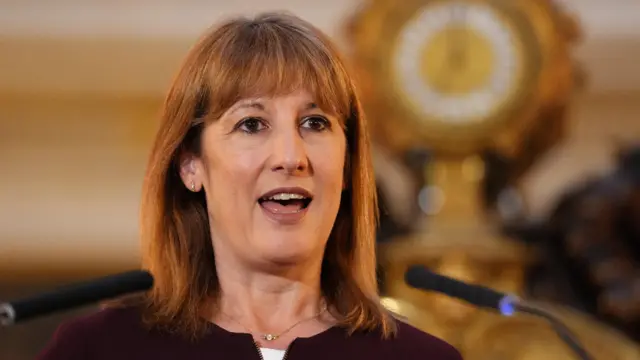October 1, 2025
UK Chancellor Rachel Reeves has proposed a new youth mobility scheme that would allow young Europeans aged ~18-30 to live and work in the UK under a post-Brexit arrangement, while emphasising limits on duration and net migration.

UK Chancellor Rachel Reeves has recently put forward a proposal aiming to reframe post-Brexit relations with the European Union, centred around what she calls an “ambitious youth experience / youth mobility scheme.” This policy would allow young Europeans to live, work, travel, and gain experience in the UK for a temporary period, and in reciprocity, allow young UK citizens similar access in EU countries. The scheme is targeted at those roughly aged 18-30 (or 18-35 in some reports) and is intended to offer opportunities for work, volunteering, study, or internships. westernmorning.news+3The Independent+3The Independent+3
The idea comes amid growing pressure to reset UK-EU ties post-Brexit, especially as trade, migration, and labour market concerns remain politically salient. Reeves has stated that enabling mobility for young people would not only help foster cultural exchange, language skills, and international experience, but also provide benefits to the UK economy — for example, by filling labour gaps, enhancing business growth, boosting tourism & service sectors, and improving UK businesses’ access to talent. The Independent+1
At the same time, Reeves is keen to stress that this proposal does not constitute a return to free movement as existed before Brexit. The scheme is envisaged as limited in time (temporary visas), possibly with age caps, quotas or restrictions, and rigorous controls to ensure net migration targets are respected. Reeves has said she wants the Office for Budget Responsibility (OBR) to assess the economic impact of such a scheme, arguing that it could be part of the fiscal case for broader “Brexit reset” policies. westernmorning.news+2The Independent+2
Political reactions are mixed. Some backbenchers in the Labour party support a mobility scheme, citing youth unemployment, economic stagnation in some regions, and declining opportunities for people post-Brexit. Others, including some in the government and public fora, express concern about immigration levels, capacity of public services, and maintaining the manifesto promise that there will be no return to unrestricted free movement. There is also debate over whether such a scheme should cover all EU countries or only specific ones, and how long stays should be permissible. The Independent+1
Business groups, youth organisations, and some EU partners view the proposal well: they argue that facilitating greater mobility would boost trade, investment, cultural ties, and mitigate skills shortages within certain sectors in the UK (hospitality, service, education etc.). Meanwhile, critics warn that without strict caps and oversight, the scheme could increase net migration, put pressure on housing, healthcare or other public services, and complicate immigration policy.
As the Labour conference approaches, Reeves is expected to further clarify what shape the mobility scheme might take. Key details under discussion include:
Age cohort eligible (e.g. 18-30 vs 18-35)
Duration of visas (e.g. 1- or 2-year stays)
Whether there will be quotas or caps per country or overall
Whether the scheme will be reciprocal for Brits in EU countries
How it interacts with existing visa / migration systems, health surcharges, labour law, and public service capacity
The scheme—if implemented—could mark one of the most significant shifts in UK migration policy since Brexit, especially in restoring some of the personal and economic freedoms lost for young people under previous rules. It would symbolise a “reset” in UK-EU relations: not a return to old arrangements, but a new model aiming to balance openness, economic growth, and migration control.